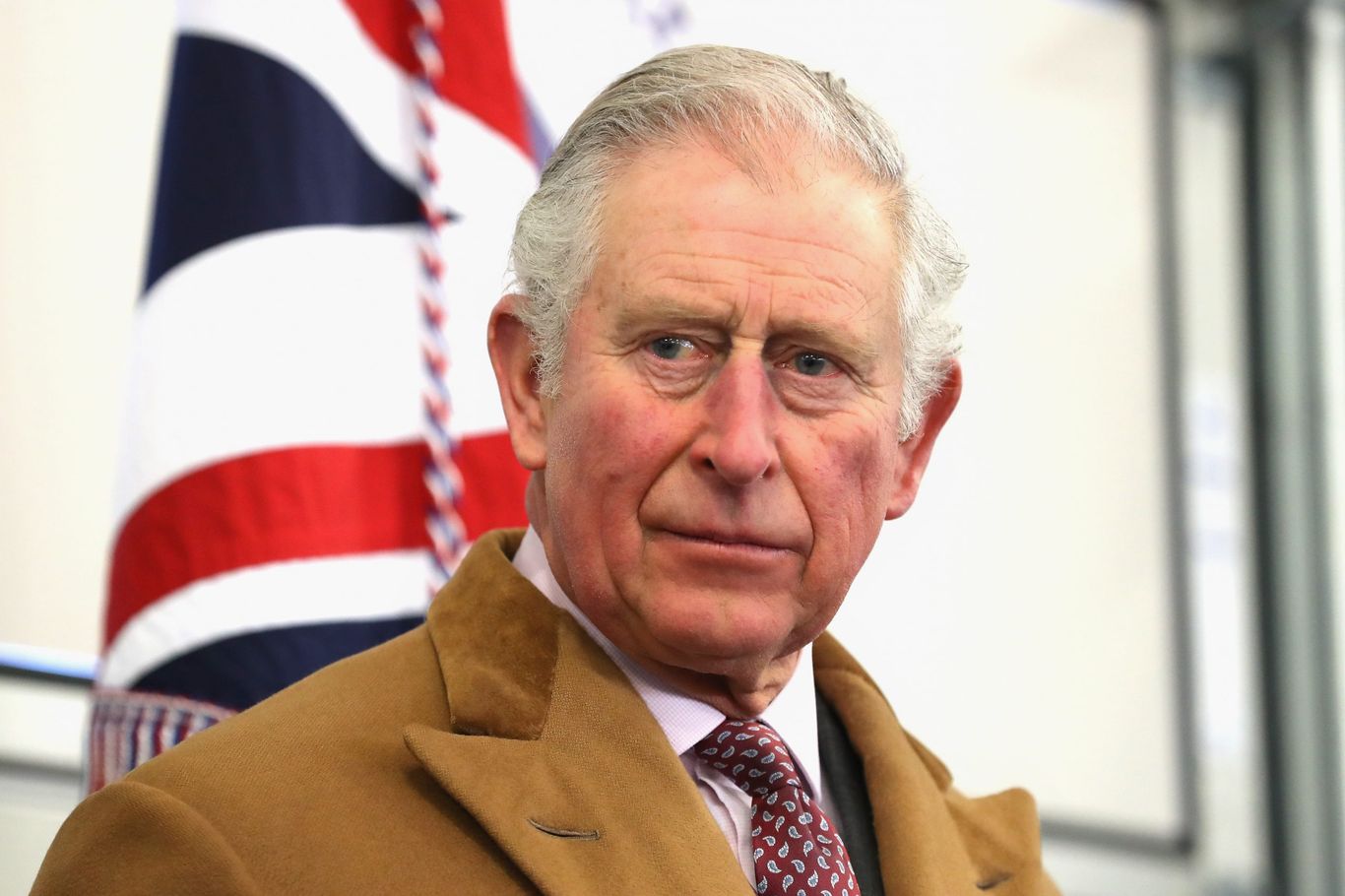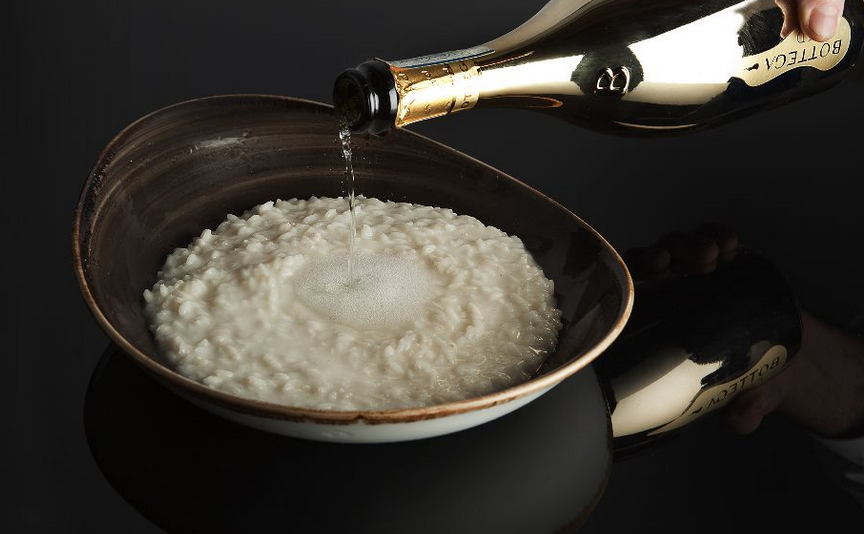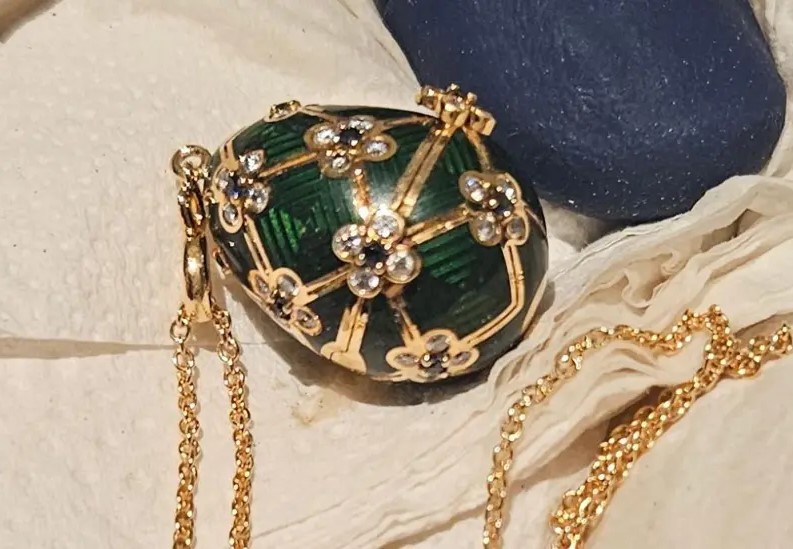Buckingham Palace have announced that King Charles will acknowledge the painful aspects of the UK's relationship with Kenya during a state visit later this month.
Queen Camilla will join him on the four-day trip to Kenya, his first to a Commonwealth nation as monarch.
It coincides with the country celebrating the 60th anniversary of its independence from Britain. That followed a violent uprising in which thousands of people were killed.
Kenyans consider the Mau Mau rebellion to be one of the most significant steps towards the end of British rule in the country. The uprising began in the early 1950s, as the country's major ethnic grouping, the Kikuyu, grew increasingly resentful of their British rulers over white settler expansion and a lack of political representation.
Being a British colony often meant locals had British laws and customs imposed upon them and lost the ability to govern themselves - as well as experience the arrival of British settlers. British Army reinforcements were moved into the country in 1952, after Kikuyu fighters began attacking political opponents and raiding white settler farms.
In one such incident in the village of Lari, rebels killed more than 70 people, mostly women and children, while the settlement's male population fought with the British Home Guard. Over a period of eight years, thousands died in a violent counter-insurgency.
Operation Anvil, a British military operation, saw the mass detention of suspected Mau Mau fighters and supporters. At these detention camps, many were subjected to brutal treatment at the hands of the colonial government.
The Kenyan Human Rights Commission has previously said it believes 90,000 Kenyans were executed, tortured or maimed in the crackdown. After a lengthy legal battle, in 2013 the British government paid compensation to 5,228 Kenyans over human rights abuses, saying it "sincerely regrets" the abuses that took place at the time.
The King will use the visit, his fourth to the country, to "deepen his understanding of the wrongs suffered in this period by the people of Kenya", the palace said. Evelyn Wanjugu Kimathi, the daughter of one of the leaders of the Mau Mau uprising, Dedan Kimathi, told the AFP news agency that she hoped the visit would bring "closure".
"We are hoping that he will bring a national apology," she said, "once we have the goodwill from the UK government, everything else will be OK." In Kenya, he will meet President William Ruto, attend a state banquet, and meet Kenyan Marines training with the UK Royal Marines.
One place the King will not be visiting however is the Treetops hotel, the lodge where his mother, Queen Elizabeth II, found out about the death of her father, and that she would be acceding to the throne. The late monarch would remain as Queen of Kenya until December 1964, one year after the country's independence, when it became a republic.
A Foreign Office spokesperson said the trip will "celebrate and drive forward" the UK's partnership with Kenya. They added that the government is "committed to ensuring Kenya sees the UK as a partner of choice".











